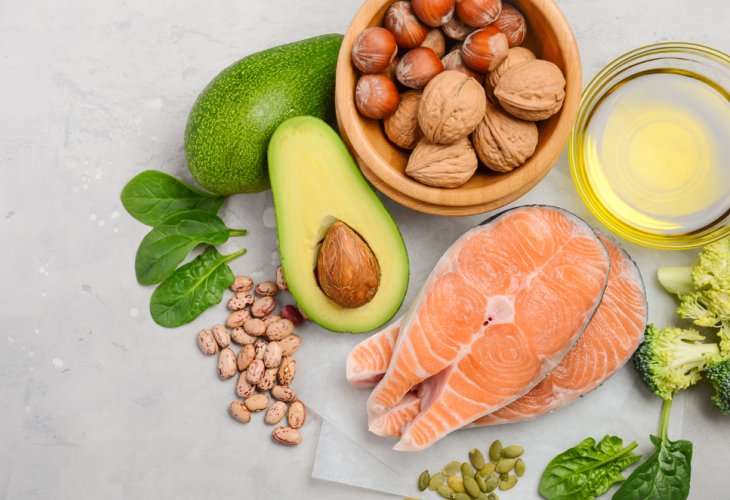Health and Nutrition
Top 5 Mediterranean Foods That Slow Brain Aging, According to New Research
Study finds that common Israeli dietary habits may significantly improve brain health in older adults
 (Photo: shutterstock)
(Photo: shutterstock)In recent years, numerous studies have been published about different foods that can benefit our health. Some claim that certain foods help prevent cancer and heart attacks, or assist with issues like insomnia.
A new study finds that the dietary habits of Israelis are quite beneficial, primarily because they frequently consume foods that “slow brain aging.” These foods are typical components of the Mediterranean diet and are commonly found in Israeli refrigerators.
The research was conducted by a team from the University of Illinois and the University of Nebraska–Lincoln. It found that five types of foods containing fatty acids, antioxidants, and other nutrients may contribute to healthy brain aging, and Israelis consume plenty of them.
The study included 100 healthy participants aged 65–75, who underwent a series of tests before and after eating these foods. The goal was to determine whether these foods positively affect brain health, and the answer was a clear yes.
One of the study’s authors explained: “We examined specific nutritional biomarkers, such as fatty acid profiles, which are known in nutritional science to offer health benefits. We found that the Mediterranean diet is highly effective.”
The 5 Brain-Boosting Foods Identified in the Study:
Fish – Salmon, mackerel, sardines, and trout — all rich in omega-3 fatty acids.
Leafy greens – Spinach, broccoli, and kale.
Nuts and seeds – Including almonds, sunflower seeds, and flaxseeds.
Eggs
Colorful fruits and vegetables – Of all varieties.
The researchers expressed hope to conduct further studies in the future to determine which specific nutrients have the greatest impact on brain function. “This will help us fully assess whether increasing these nutritional profiles leads to improvements in cognitive test performance and brain structure markers,” they concluded.

